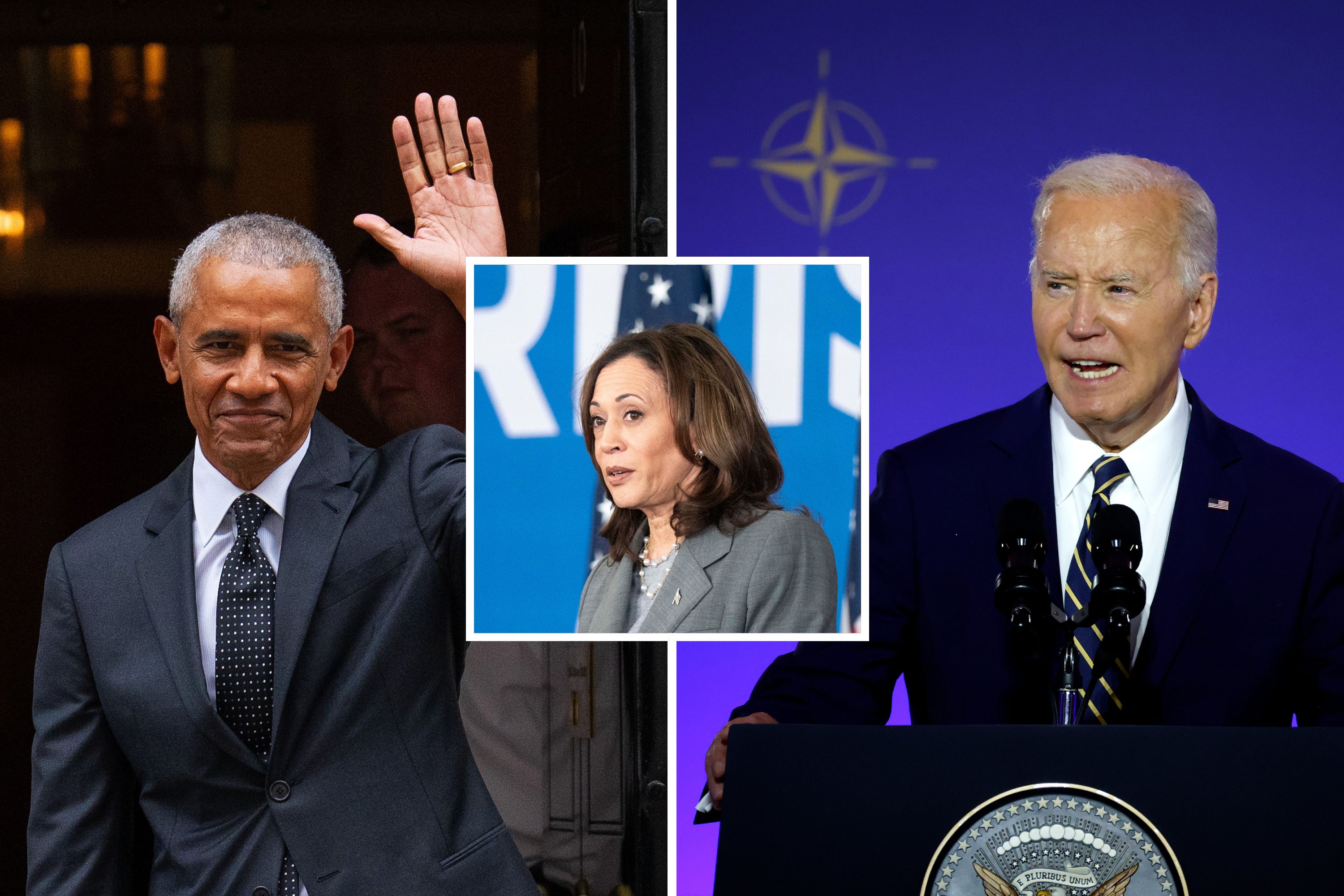As the legal community continues to dissect the Supreme Court's presidential immunity decision, I find myself among those who are alarmed by it. In contrast to the many legal scholars sounding the alarm, my shock has very little to do with the prospect of former President Donald Trump returning to office for a second term. While I am under no illusions that he would use this expansion of presidential power responsibly, I am far more dismayed by the notion that the president can use my research to kill me with absolute immunity.
My first ever publication was a law review article that sought to examine the role of the legislature in matters of war. In it, I argued that the use of the military was solely a presidential prerogative, one that Congress had no meaningful role in.
Supporting my position was the idea that the Constitution gives both Congress and the president very specific powers relating to war. For example, Congress has the sole ability to "declare war." However, declarations of war are often mere formalities, particularly if the nation has already been attacked. Moreover, in the ensuing two plus centuries since the Constitution was written, declarations of war have become exceedingly rare as their utility under international law has greatly waned, which largely explains why our Congress has not bothered to declare war since 1942.
A far more relevant and impactful war power of Congress stems from its sole ability to "raise and support armies." In essence, only Congress can create a military and fund its operations. This "power of the purse" as it is known was drawn up in an era where the United States was a fledgling nation lucky to exist and where standing armies of any meaningful size were not expected to be maintained indefinitely by it. As such, this power was rather substantial at the time of the founding, as it prevented a president from being able to create an army on their own, it left him beholden to Congress to give him an army and to continually seek support for it.

This congressional power over matters of war has also become functionally irrelevant over time as the United States has grown into the world's leading military superpower. Congress cannot realistically close its purse to our military, as we must maintain massive standing armies at all times to sustain even a semblance of global order.
Meanwhile, as commander-in-chief, the president has full use and enjoyment of any army Congress has raised and supported. Article II of the Constitution is not ambiguous in putting the president in this position, as the framers wanted to ensure that we would never be forced to wage war by committee. As the Supreme Court mentioned multiple times in their immunity decision, the framers sought to create an "energetic executive" that would not be constrained to take bold action when necessary.
The court's immunity decision seeks to further effectuate what it sees as the founder's intent to create an "energetic executive" by giving the president "absolute immunity" for any acts that are done via his "conclusive and preclusive constitutional authority." As in, you cannot hold the president to account for anything he does under any circumstances if the underlying act is directly tied to an Article II constitutional power of his.
My law review article would then lend strong support to the idea that, in using the military in any capacity, is the president acting via his "conclusive and preclusive constitutional authority" as commander-in-chief? The result is that the president could give any order to the military, including an order to kill innocent American citizens or political rivals, and he could not be criminally prosecuted for it.
In short, the president could order my own extrajudicial execution, and in the event a prosecutor sought to hold him criminally liable for it, his attorneys could cite my own research to show that he is entitled to absolute immunity for my murder. With the court's opinion written as broadly as it is, I cannot in good faith argue that his lawyer's would be wrong.
Nicholas Creel is an associate professor of business law at Georgia College & State University.
The views expressed in this article are the writer's own.
Uncommon Knowledge
Newsweek is committed to challenging conventional wisdom and finding connections in the search for common ground.
Newsweek is committed to challenging conventional wisdom and finding connections in the search for common ground.





